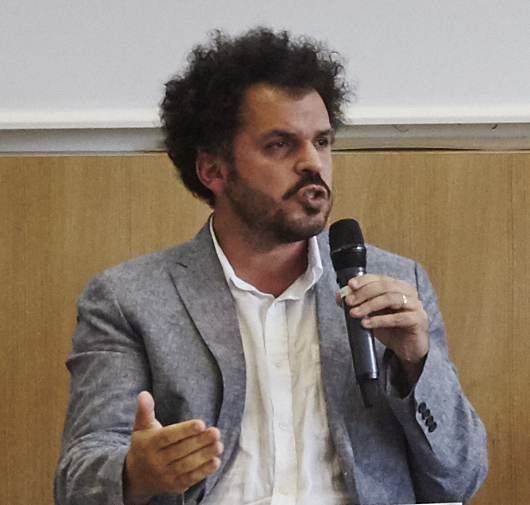(EPO) European Polarisation Observatory
European Polarisation Observatory

Traditionally, people’s opinions on different issues of the public debate have been studied through polls and surveys. But recent advancements in network scaling methods have shown that digital behavioral traces (typically following/follower networks) in social media platforms can be used to mine opinions at a massive scale. This project seeks to develop a joint workgroup or unit within CIVICA, dedicated to producing a proof of concept for a European Polarisation Observatory of ideologies and attitudes towards issues of the public debate (e.g., taxation, immigration, European integration, perception of elites). Such a unit would study the ideological dynamics of users and media outlets to measure polarization on various issues, and investigate the role of algorithmic recommendations on user access to ideologically diverse news. The inference of attitudes of users for a multitude of issues will allow for the ideological positioning and tracking of various groups: social movements, demographic groups, political and partisan groups, and even entities such as media outlets and YouTube channels. These results will be implemented in research cutting across several disciplines of interest for CIVICA: media studies, online social movements, and the analysis of the structure of party systems in European countries, among others. In this project we will specifically aim at two kinds of applications. First, we will provide systematic measurements across Europe of the intensity of polarization on different issues (e.g., left-right economics, or attitudes towards people and elites) in various online settings. Second, we will seek to tackle the question of the role of AI in shaping European socio-political systems through algorithmic recommendation and its possible biases. In order to develop a proof of concept, this project includes multiple activities: data collection of social networks across Europe, the application of network scaling procedures, the use of political science datasets for attitude inference in conjunction with scaled data, and research in social psychology and algorithmic recommendation. Many activities already show promising preliminary results. Overall, this project will be instrumental in further developing an interdisciplinary European network of research in the computational social sciences.
